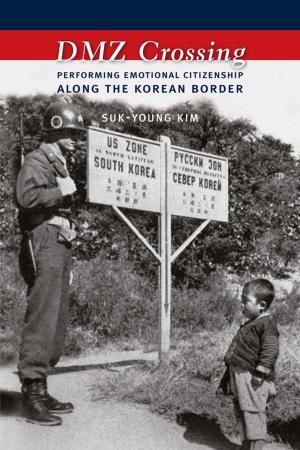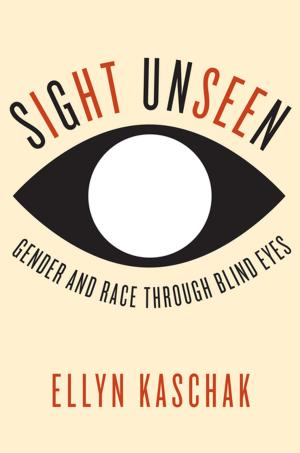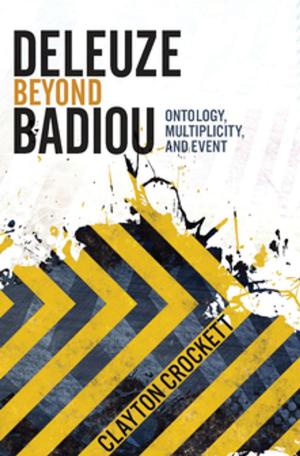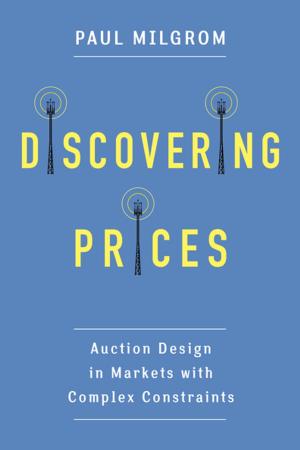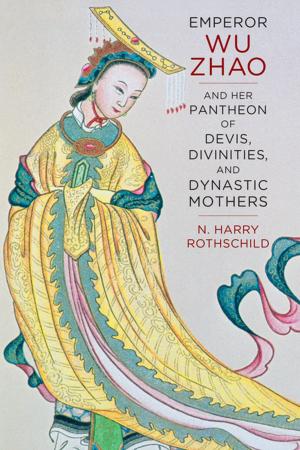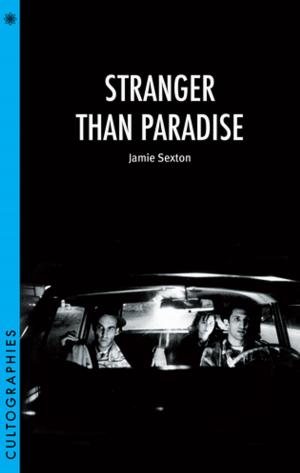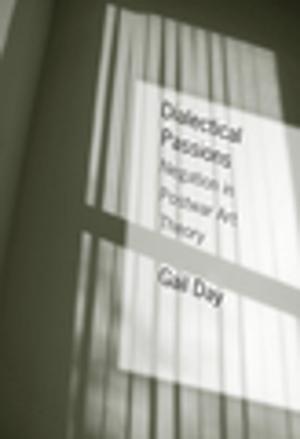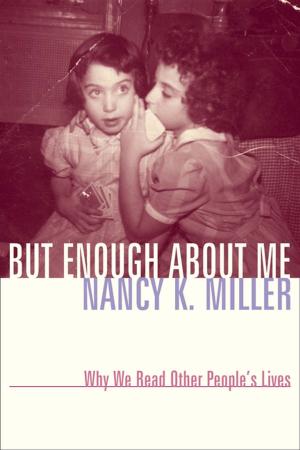Hearst Over Hollywood
Power, Passion, and Propaganda in the Movies
Nonfiction, Entertainment, Performing Arts, Film| Author: | Louis Pizzitola | ISBN: | 9780231507554 |
| Publisher: | Columbia University Press | Publication: | January 9, 2002 |
| Imprint: | Columbia University Press | Language: | English |
| Author: | Louis Pizzitola |
| ISBN: | 9780231507554 |
| Publisher: | Columbia University Press |
| Publication: | January 9, 2002 |
| Imprint: | Columbia University Press |
| Language: | English |
Hollywood—crossroads of filmmaking, mythmaking, and politics—was dominated by one man more than any other for most of its history. It was William Randolph Hearst who understood how to use cinema to exploit the public's desire for entertainment and to create film propaganda to further his own desire for power. From the start, Hearst saw his future and the future of Hollywood as one and the same. He pioneered and capitalized on the synergistic relationship between yellow journalism and advertising and motion pictures. He sent movie cameramen to the inauguration of William McKinley and the front lines of the Spanish-American War. He played a prominent role in organizing film propaganda for both sides fighting World War I. By the 1910s, Hearst was producing his own pictures—he ran one of the first animation studios and made many popular and controversial movie serials, including The Perils of Pauline (creating both the scenario and the catchphrase title) and Patria. As a feature film producer, Hearst was responsible for some of the most talked-about movies of the 1920s and 1930s. Behind the scenes in Hollywood, Hearst had few equals—he was a much-feared power broker from the Silent Era to the Blacklisting Era.
Hearst Over Hollywood draws on hundreds of previously unpublished letters and memos, FBI Freedom of Information files, and personal interviews to document the scope of Hearst's power in Hollywood. Louis Pizzitola tells the hidden story of Hearst's shaping influence on both film publicity and film censorship—getting the word out and keeping it in check—as well as the growth of the "talkies," and the studio system. He details Hearst's anti-Semitism and anti-Communism, used to retaliate for Citizen Kane and to maintain dominance in the film industry, and exposes his secret film deal with Germany on the eve of World War II.
The author also presents new insights into Hearst's relationships with Marion Davies, Will Hays, Louis B. Mayer, Franklin D. Roosevelt, Mussolini, Hitler, and the Kennedys. Hearst Over Hollywood is a tour de force of biography, cultural study, and film history that reveals as never before the brilliance and darkness of Hearst's prophetic connection with Hollywood.
Hollywood—crossroads of filmmaking, mythmaking, and politics—was dominated by one man more than any other for most of its history. It was William Randolph Hearst who understood how to use cinema to exploit the public's desire for entertainment and to create film propaganda to further his own desire for power. From the start, Hearst saw his future and the future of Hollywood as one and the same. He pioneered and capitalized on the synergistic relationship between yellow journalism and advertising and motion pictures. He sent movie cameramen to the inauguration of William McKinley and the front lines of the Spanish-American War. He played a prominent role in organizing film propaganda for both sides fighting World War I. By the 1910s, Hearst was producing his own pictures—he ran one of the first animation studios and made many popular and controversial movie serials, including The Perils of Pauline (creating both the scenario and the catchphrase title) and Patria. As a feature film producer, Hearst was responsible for some of the most talked-about movies of the 1920s and 1930s. Behind the scenes in Hollywood, Hearst had few equals—he was a much-feared power broker from the Silent Era to the Blacklisting Era.
Hearst Over Hollywood draws on hundreds of previously unpublished letters and memos, FBI Freedom of Information files, and personal interviews to document the scope of Hearst's power in Hollywood. Louis Pizzitola tells the hidden story of Hearst's shaping influence on both film publicity and film censorship—getting the word out and keeping it in check—as well as the growth of the "talkies," and the studio system. He details Hearst's anti-Semitism and anti-Communism, used to retaliate for Citizen Kane and to maintain dominance in the film industry, and exposes his secret film deal with Germany on the eve of World War II.
The author also presents new insights into Hearst's relationships with Marion Davies, Will Hays, Louis B. Mayer, Franklin D. Roosevelt, Mussolini, Hitler, and the Kennedys. Hearst Over Hollywood is a tour de force of biography, cultural study, and film history that reveals as never before the brilliance and darkness of Hearst's prophetic connection with Hollywood.




